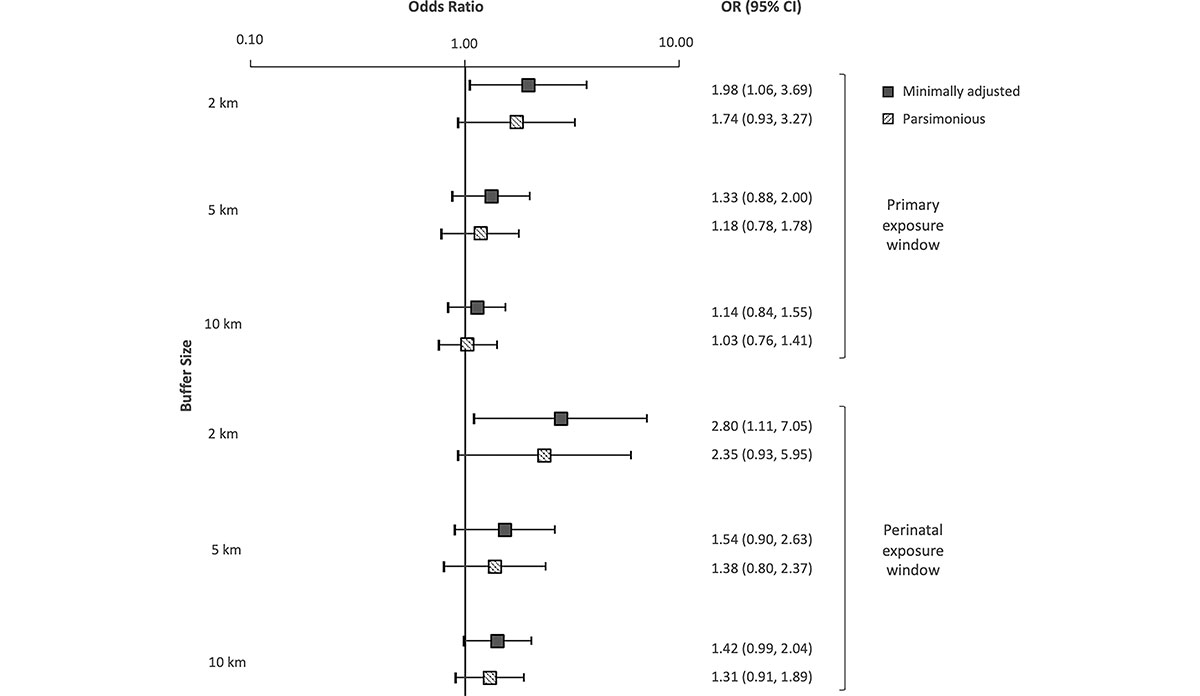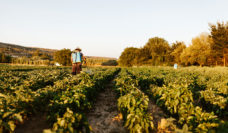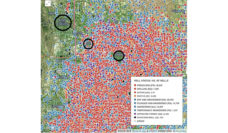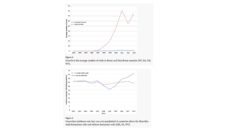Fracking is a drilling process that uses highly pressurized water streams to extract oil and natural gas from deep in the earth. Exposure to chemicals released during fracking is associated with adverse birth outcomes, cancer, and gastrointestinal, circulatory, respiratory, neurological, and developmental disorders.
Cassandra Clark and colleagues conducted a study in Pennsylvania evaluating the association between proximity to fracking sites and the odds of developing leukemia during childhood. This state-wide project analyzed data from the Pennsylvania state cancer registry from 2009 to 2017. Pennsylvania is home to intense fracking activity, with more 10,000 fracking sites.
The investigators found that living within two kilometers of a fracking site is associated with two to three times greater risk of developing leukemia compared to living further away. The risk for developing leukemia was greater if exposure occurred in utero or soon after birth.
Adverse health outcomes occur because fracking generates dangerous levels of air pollution and contaminates water. Previous research estimates that a single fracking site can generate up to 14 million liters of wastewater in five to 10 years. This wastewater leaks into groundwater and contaminates it with carcinogens, heavy metals, radioactive materials, and other pollutants. More than 18 million Americans live within one mile of a fracking site and are detrimentally exposed.
Pennsylvania law states that fracking sites must be at least 152 meters away from private residences. But this latest research shows that even at two kilometers away, people are experiencing adverse health effects known to be associated with fracking.
Other states have similar, and even less protective regulations than Pennsylvania. Some municipalities in Texas do not regulate fracking sites proximity to residences at all.
Several federal efforts are at work to reduce the number of fracking sites, ban fracking altogether, and move fracking sites away from where people live. But fracking continues to be regulated at the state level. So, depending on the state, some communities are not getting enough protection.
Databyte via Cassandra Clark et al. Unconventional Oil and Gas Development Exposure and Risk of Childhood Acute Lymphoblastic Leukemia: A Case–Control Study in Pennsylvania, 2009–2017, Environmental Health Perspectives, 2022.














